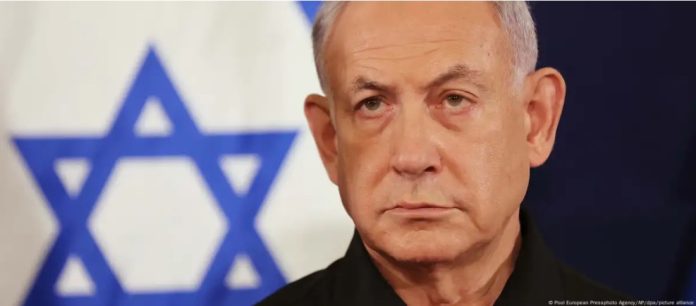Israel has confirmed that it launched targeted strikes on military installations in Iran early Saturday morning, marking a significant escalation in the already volatile Middle East situation. According to the Israel Defense Forces (IDF), these “precise strikes” were a direct response to ongoing attacks from Iran, culminating in a recent salvo of nearly 200 ballistic missiles fired at Israel on October 1. This marked one of the most intense confrontations between the two nations in recent years.
Reports from two senior Arab officials reveal that the initial strike was aimed at a barracks or administrative facility and a weapons depot on the outskirts of Tehran. The specific targets underscore Israel’s strategy of crippling Iran’s military infrastructure rather than broadly targeting civilian areas, a tactic designed to send a clear message without inciting further civilian casualties.
These attacks come amid Israel’s increasingly aggressive military operations in both the Gaza Strip and Lebanon, signaling a broader strategy to address multiple regional threats. The U.S. has been watching these developments with growing concern, especially as diplomatic efforts to quell the violence have thus far been unsuccessful. U.S. Secretary of State Antony Blinken recently concluded a high-stakes diplomatic mission to Israel and Saudi Arabia, aiming to mediate a ceasefire between Israel and Hamas. However, Blinken’s efforts to reduce regional tensions have faced considerable challenges.
Loud explosions were reported in Iran’s capital, Tehran, according to Iranian state media. The blasts were heard shortly after Israeli strikes targeted specific military sites near the city, adding to the tension surrounding this latest escalation. While details remain sparse, these detonations indicate a potential direct impact on Iranian facilities in the region, with sources speculating about possible damage to critical military infrastructure.
Iranian state media’s acknowledgment of the explosions marks a rare admission, suggesting the intensity of the strikes and the heightened alert status within the country.
Sources indicate that Israel’s response may have been delayed due to leaks on a pro-Iran Telegram channel. The leaked documents, reportedly classified U.S. intelligence, suggested that Israel might deploy air-launched ballistic missile systems, including advanced weaponry codenamed “Golden Horizon” and “Rocks.” The nature of this technology, capable of executing high-precision strikes from long distances, could be pivotal in shaping Israel’s future military strategy in the region.
As the situation continues to unfold, the risk of a broader regional conflict remains high. The recent exchanges not only spotlight the entrenched hostilities between Israel and Iran but also underscore the far-reaching impacts of local conflicts in an increasingly interconnected global landscape.





